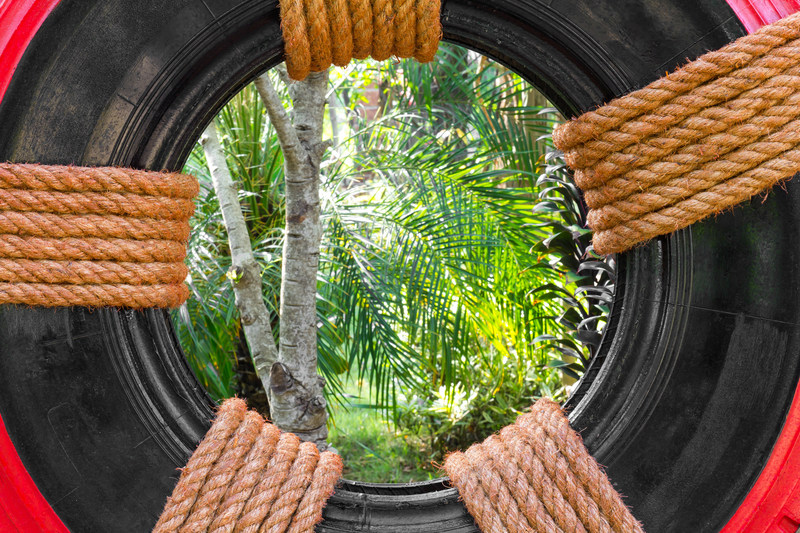Reducing Plastic: Everyday Actions
Posted on 25/12/2024
Plastic pollution is one of the most pressing environmental issues of our time. Every year, millions of tons of plastic waste end up in the oceans, affecting marine life and ecosystems. Reducing our plastic usage in everyday life is crucial to mitigating these harmful effects. This article explores practical ways to cut down on plastic consumption and offers a comprehensive guide to help you make more sustainable choices.
Why Reducing Plastic is Important
The negative impact of plastic on the environment cannot be overstated. Plastics do not decompose easily and can take hundreds of years to break down. During this time, they release toxic chemicals that harm wildlife and contaminate water sources. Reducing plastic usage can lead to a cleaner environment, healthier ecosystems, and a more sustainable future.

Everyday Actions to Reduce Plastic
Choose Reusable Products
One of the simplest ways to reduce plastic is by opting for reusable items. Replace single-use plastic bags with reusable tote bags, use stainless steel or glass water bottles instead of plastic ones, and invest in reusable coffee cups.
Say No to Single-Use Plastics
Avoiding single-use plastics such as straws, cutlery, and plates is another crucial step. Many restaurants and cafes now offer alternatives made from biodegradable materials. Carry your own set of reusable utensils to eliminate the need for disposable options.
Opt for Plastic-Free Packaging
When shopping, opt for products that come in glass, metal, or paper packaging. Many stores now offer bulk sections where you can bring your own containers. This not only reduces plastic but also cuts down on waste.
Support Plastic-Free Brands
Support companies that are committed to reducing plastic waste. Look for brands that prioritize sustainable packaging and do not use plastic in their products. By choosing these brands, you encourage more companies to adopt eco-friendly practices.
Tips for Reducing Plastic at Home
Store Food in Glass Containers
Replace plastic Tupperware with glass containers. Glass is not only more durable but also safer for food storage as it does not leach chemicals.
Use Cloth Bags for Produce
Instead of using plastic bags for fruits and vegetables, opt for cloth produce bags. They are washable, durable, and eco-friendly.
DIY Cleaning Products
Making your own cleaning products can help reduce plastic waste. Many store-bought cleaners come in plastic bottles, but you can make effective alternatives using ingredients like vinegar, baking soda, and essential oils.
Pros and Cons of Reducing Plastic
Pros
- Environmental Benefits: Reducing plastic helps to mitigate pollution and protect marine life.
- Health Benefits: Decreasing plastic usage can reduce exposure to harmful chemicals.
- Cost Savings: Investing in reusable products can save money in the long run.
Cons
- Initial Cost: Some sustainable products can be more expensive upfront.
- Convenience: Disposable plastics offer convenience that alternatives may lack.
- Availability: Eco-friendly products may not be readily available everywhere.

Takeaways
- Simple switches like using reusable bags and bottles can significantly reduce plastic waste.
- Supporting plastic-free brands and making informed choices go a long way.
- A little effort and initial investment can result in long-term environmental and financial benefits.
Conclusion
Reducing plastic in our daily lives is an attainable goal with lasting benefits for the environment and our health. By making small changes and encouraging others to do the same, we can collectively reduce plastic pollution. Start with the steps mentioned above, and continue to look for new and innovative ways to live more sustainably.
Together, we can make a difference. Making mindful choices today will lead to a cleaner, healthier planet for future generations.
Latest Posts
Resource Efficiency with Polystyrene Recycling
Essential Hacks for a Tidy Home




